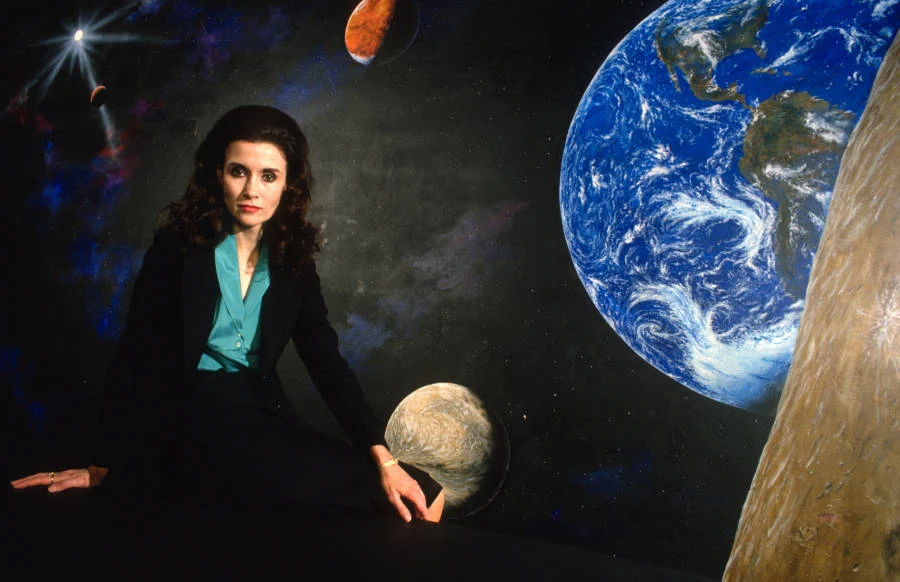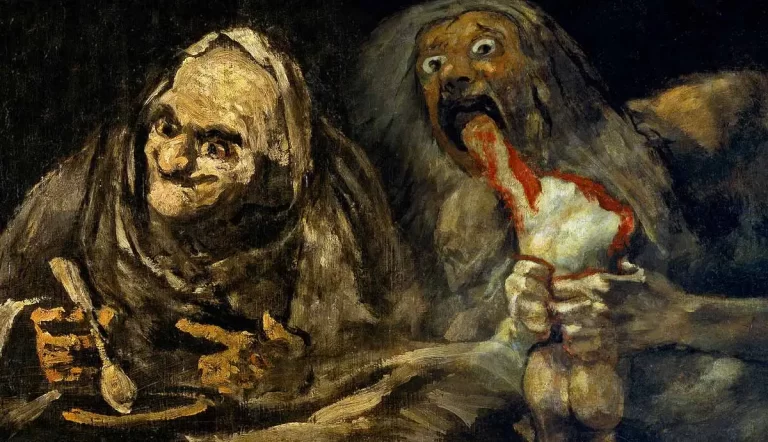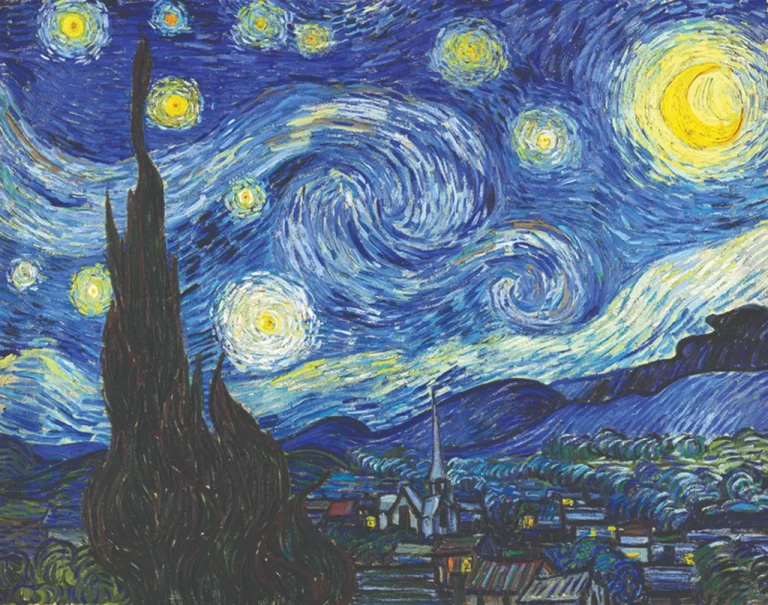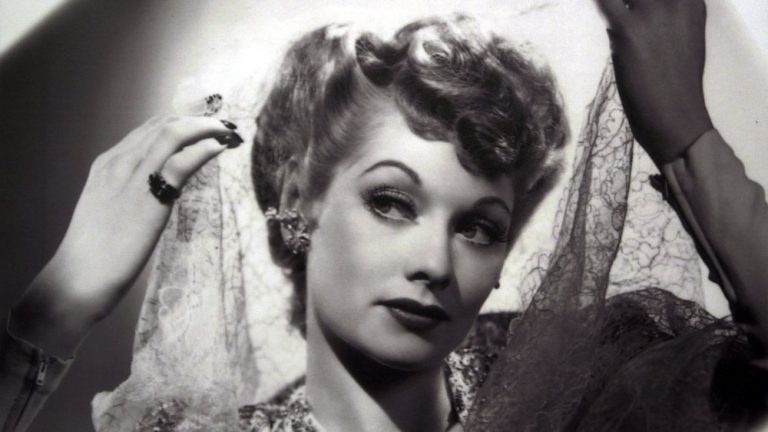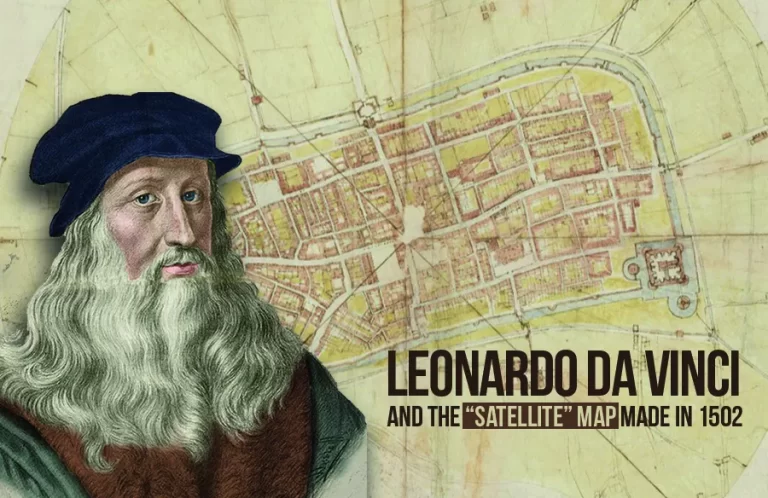Marilyn Vos Savant: The ‘World’s Smartest Woman’ Who Has An IQ Of 228
Marilyn vos Savant holds the record for the highest IQ ever recorded, according to the Guinness Book of World Records. However, her title has faced its fair share of challenges over the years.
Marilyn vos Savant wears many hats—she’s a columnist, businesswoman, playwright, and more. But she’s best known for her remarkable intelligence. Often called “the smartest person in the world,” Marilyn holds the title for the highest IQ ever recorded.
In 1956, she scored an astonishing 228 on an IQ test, a feat recognized by the Guinness Book of Records. She later turned her intellect into fame, becoming the writer of the popular “Ask Marilyn” column for Parade magazine.
This is the fascinating story of Marilyn vos Savant.
Marilyn vos Savant’s Humble Beginnings
Despite holding the world record for the highest IQ, Marilyn vos Savant had a fairly ordinary childhood. Born Marilyn Mach on August 11, 1946, in St. Louis, Missouri, she grew up in a modest family.
Both of her grandfathers were coal miners, and her parents were immigrants, with roots in Germany and Italy.
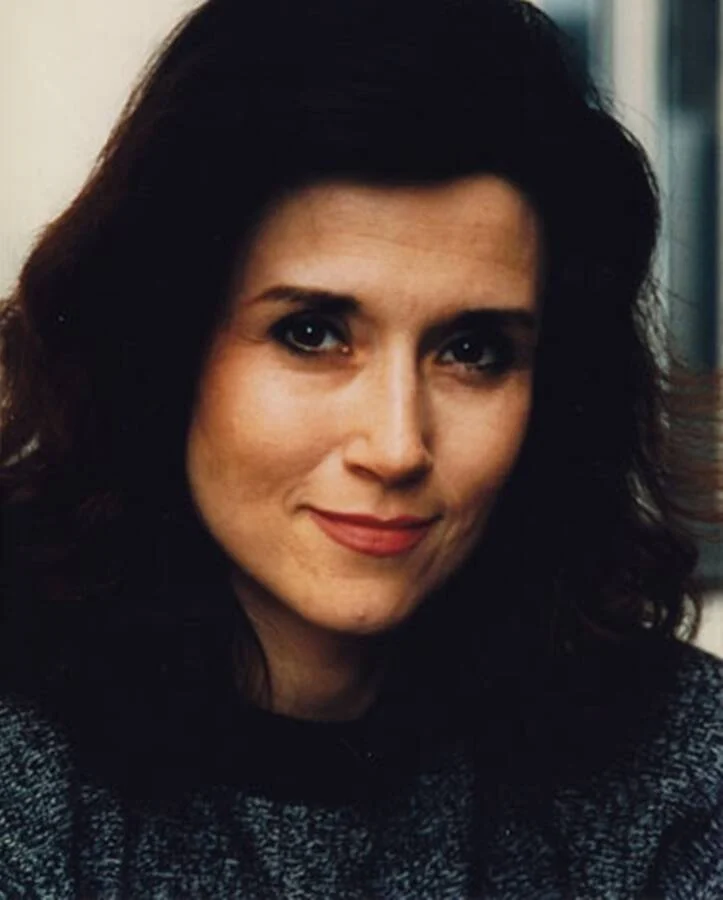
Interestingly, both sides of Marilyn’s family had the word “Savant” in their surnames. Her paternal grandmother’s last name was Savant, while her maternal grandfather carried the “von Savant” surname, which was passed down to Marilyn’s mother. Fittingly, the word “savant” means “a learned person,” making it a perfect match for Marilyn’s extraordinary intellect.
Believing the name might bring her good fortune, Marilyn chose to adopt her mother’s maiden name as her own.
As a student, she excelled in science and math. But at the age of 10, Marilyn von Savant’s life took a remarkable turn.
What Did Marilyn vos Savant Score When She Recorded The World’s Highest IQ Ever?
As a child, Marilyn’s intelligence was measured using two types of IQ tests. The first was the Stanford-Binet test, designed to assess verbal abilities and originally created to identify learning challenges in children.
The second was Hoeflin’s Mega Test, known for its focus on extremely high intelligence levels. Marilyn scored exceptionally well on both, with her IQ reaching an incredible 228. This achievement earned her a spot in the Guinness Book of World Records Hall of Fame as the person with the “Highest IQ,” a title she held from 1986 to 1989.
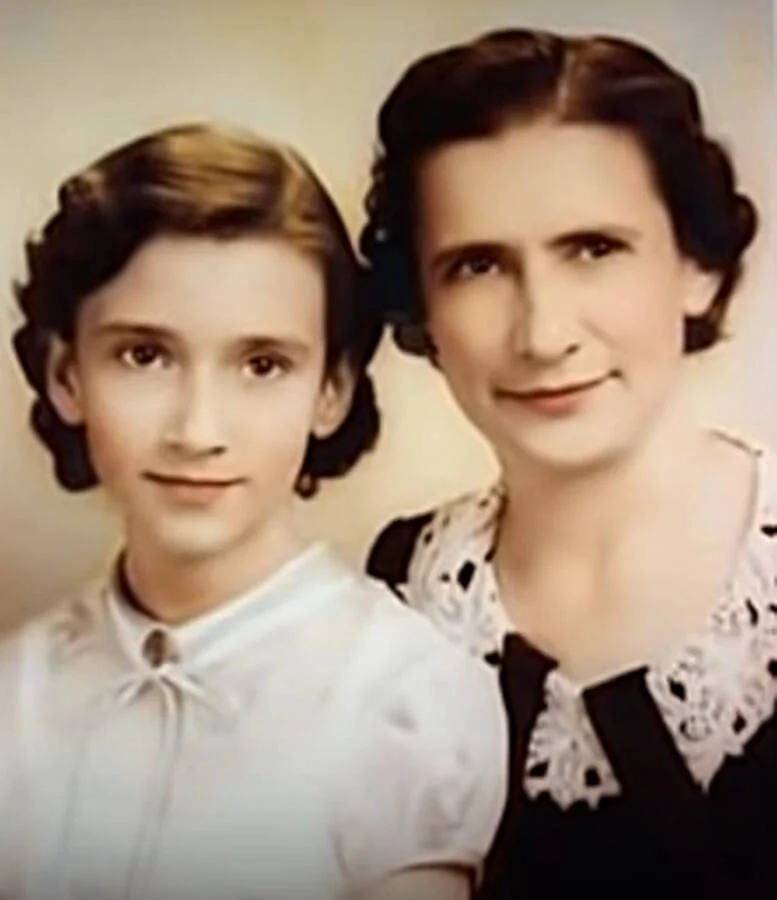
Debates about the reliability of IQ tests as a measure of intelligence led Guinness to retire the “Highest IQ” category in 1990, making Marilyn vos Savant the last person to officially hold the title. Some also claim that a man named William James Sidis once had an IQ between 250 and 300.
Despite her incredible intelligence, Marilyn says her upbringing was quite ordinary. Her parents didn’t treat her any differently from her siblings.
“They weren’t focused on the kids at all,” she shared in an interview about her childhood. “The idea was just to be independent, earn a living, and honestly, no one really paid much attention to me—mostly because I was a girl.”
Marilyn wasn’t just talented in science and math; she also had a love for writing. As a teenager, she worked at her father’s general store while writing for local magazines under a pseudonym.
Vos Savant’s Fame Leads To The “Ask Marilyn” Column
When it came time for college, Marilyn vos Savant took a different path than many might expect from someone dubbed the world’s smartest person. Instead of attending an Ivy League school, she enrolled at Meramec Community College and later studied philosophy at Washington University in St. Louis. However, she left college after two years to help manage her family’s investment business.
By the 1980s, Marilyn’s fame as the person with the highest IQ in the world continued to grow. Even after Guinness retired the “Highest IQ” category, her name remained widely recognized.
Her combination of intelligence and charm landed her on the covers of major magazines and newspapers. One memorable cover was a joint feature in New York Magazine with her husband, Robert Jarvik, the inventor of the Jarvik-7 artificial heart. She also made a few TV appearances, including a somewhat awkward interview on Late Night with David Letterman in 1986.
Eventually, Marilyn moved to New York City to pursue a writing career. After a popular profile on her in Parade magazine, the publication offered her a column, recognizing the buzz her title as the “world’s smartest person” generated.
The column, named “Ask Marilyn,” invited readers to send in questions about academics, science, and logic puzzles, which Marilyn answered with her trademark intelligence and wit.
The High Price Of Being Considered “The Smartest Person In The World”
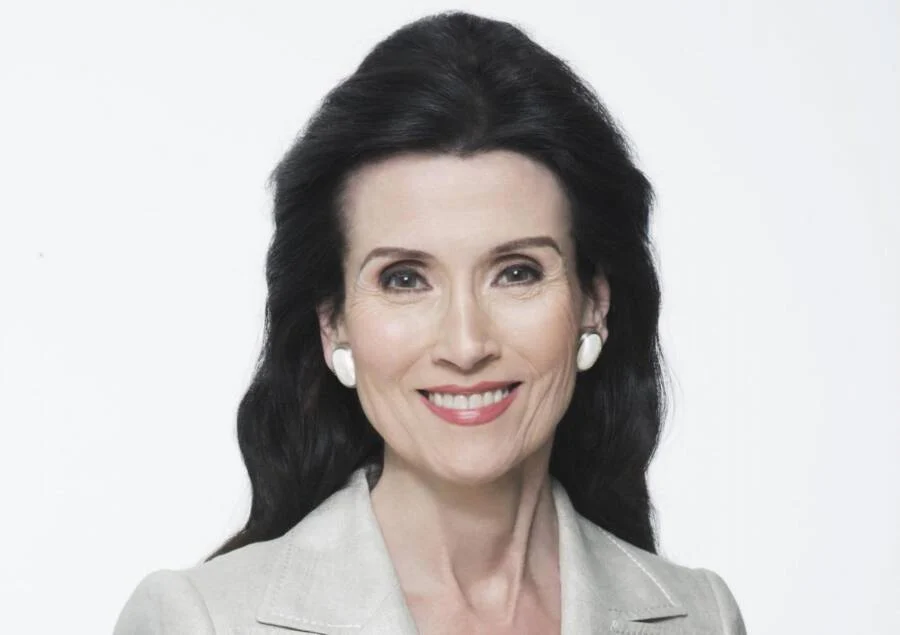
Being recognized as the world’s smartest person brought Marilyn vos Savant constant challenges to her intelligence—made worse by the sexism of the time.
Marilyn has openly shared how little support she received as a young girl to reach her full potential. In the 1950s, when her genius was first recognized, women were not seen as needing to pursue anything significant with their intelligence. “I wasn’t encouraged in any way whatsoever,” she once remarked.
Her 1986 interview on Late Night with David Letterman highlighted this bias. The host, half-jokingly, questioned her intelligence throughout the segment. Early in the interview, he asked, “Do you do smart things?” and later quipped, “You know, I think I’m smarter than you are” and “This is not the world’s smartest person!”
Another notable moment came when an innocent question submitted to her Ask Marilyn column sparked a surprising controversy, showing how public fascination with her intellect often came with scrutiny.
Further Backlash Against Marilyn vos Savant’s High-IQ Fame
In 1991, a reader asked Marilyn vos Savant to solve a famous math puzzle known as the Monty Hall question, named after the host of the popular game show Let’s Make a Deal. The puzzle, inspired by the show’s format, goes like this:
“Suppose you’re on a game show, and you’re given the choice of three doors: Behind one door is a car; behind the others, goats. You pick a door, say No. 1, and the host, who knows what’s behind the other doors, opens another door, say No. 3, which has a goat. He then says to you, ‘Do you want to pick door No. 2?’ Is it to your advantage to take the switch?”
Marilyn vos Savant responded to the reader in her column as she would with any other question. She explained, “Yes, you should switch… The first door has a 1/3 chance of winning, but the second door has a 2/3 chance.”
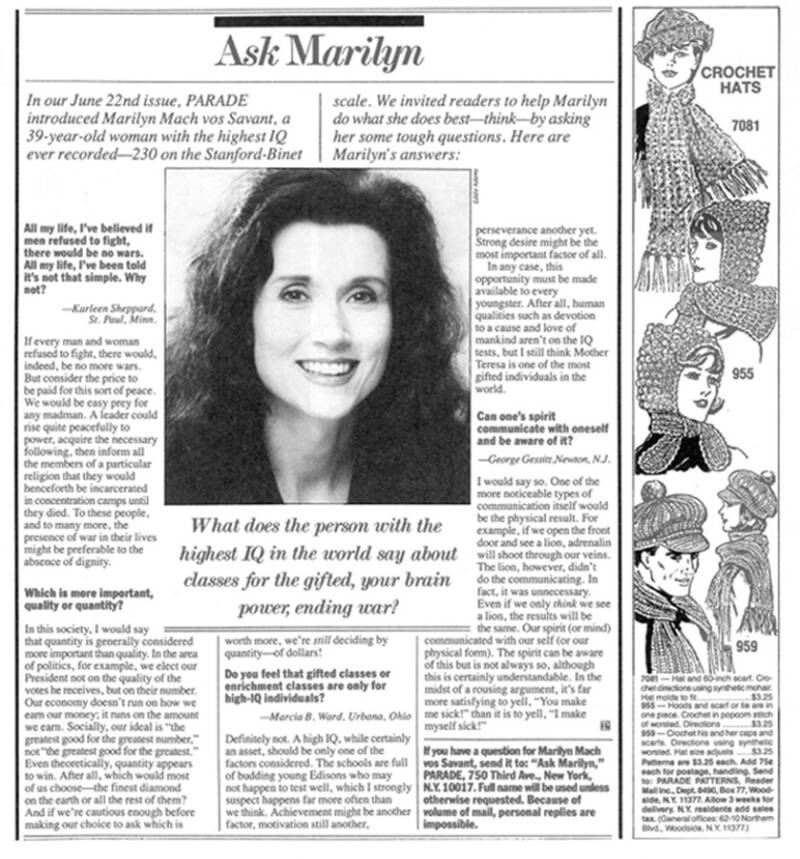
Marilyn vos Savant’s simple answer sparked an unexpected uproar. The controversy didn’t just stir up the magazine’s readers—it quickly spread to academic and scientific communities.
Her column generated at least 10,000 letters, many of which strongly disagreed with her response. Some of the letters were so harsh in criticizing Marilyn, the world’s smartest person, that they resorted to name-calling and insults aimed at her intelligence.
“You blew it, and you blew it big! Since you seem to have difficulty grasping the basic principle at work here, I’ll explain,” one letter read.
Another person suggested, “Maybe women look at math problems differently than men,” while someone else simply wrote, “You are the goat!”
A report in The New York Times highlighted that among the harsh letters, nearly 1,000 were from people with Ph.D.s, many of whom were from math and science departments.
For the record, the correct answer to the Monty Hall question had been debated by experts for decades, long before Marilyn’s column.
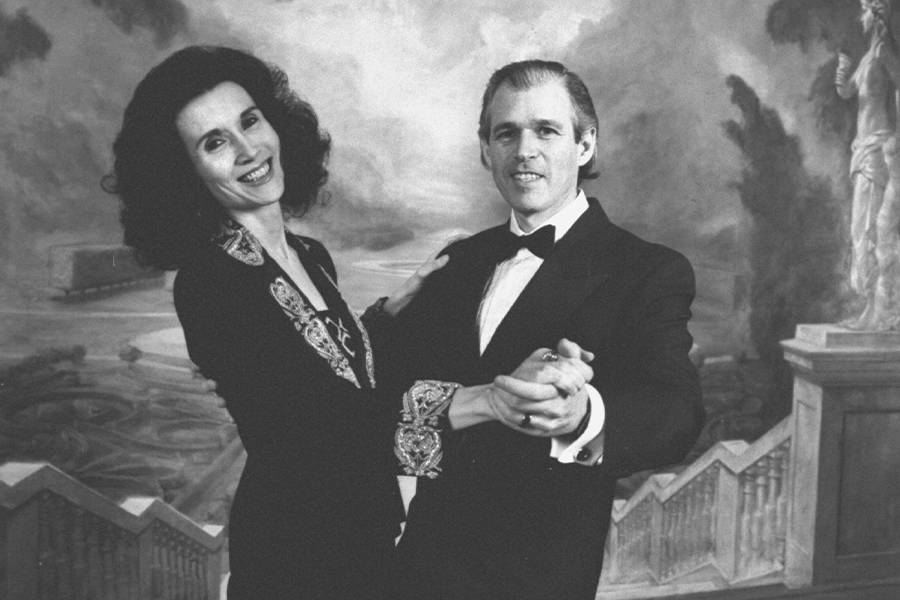
In 1959, the earlier version of the probability puzzle known as the Three Prisoner Problem was analyzed by renowned mathematician Martin Gardner in Scientific American. Gardner called it “a wonderfully confusing little problem” and pointed out that “in no other branch of mathematics is it so easy for experts to blunder as in probability theory.”
While many experts have since agreed with Marilyn vos Savant’s answer, leading some critics to publicly apologize, others still believe that there may have been factors she didn’t fully consider, meaning her answer may not be entirely correct.
Despite the criticism, Marilyn vos Savant has continued to lead a quiet life outside the media spotlight.
She became a board member of the National Council on Economic Education and serves on the advisory boards of the National Association for Gifted Children and the National Women’s History Museum.
She still writes her “Ask Marilyn” column and lives in Manhattan with her husband.
The Controversy About The Legitimacy Of High IQ Scores
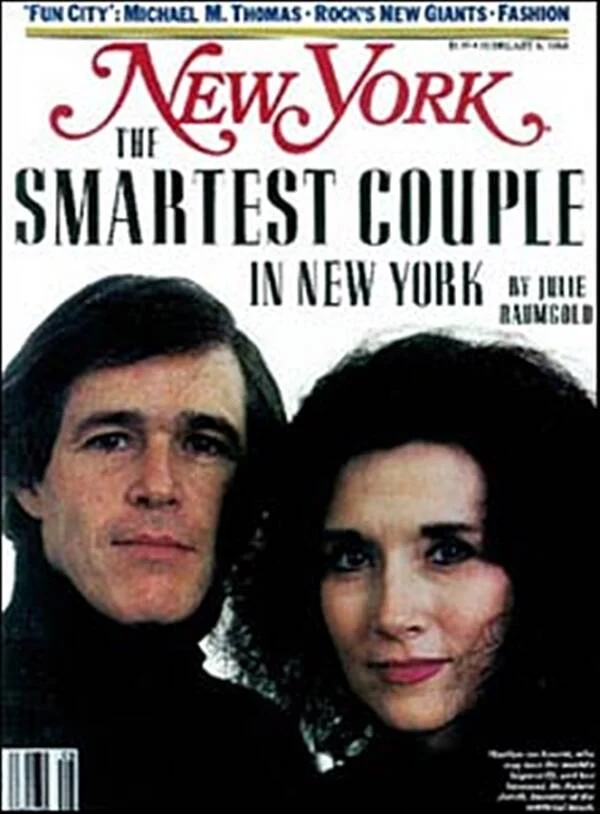
The average IQ of a person is typically between 85 and 115. But how important is an IQ test score in measuring someone’s intelligence?
Since Marilyn vos Savant was named the person with the highest IQ decades ago, there have been debates about the accuracy of the tests used to measure her IQ.
The Stanford-Binet test and Hoeflin Mega Test she took as a child have since been updated and criticized for their methods.
Debate over the accuracy of IQ tests has been ongoing for years and continues today. One major criticism is that creating a test free from bias is difficult. Factors like a person’s background or mental state can impact their score.
IQ tests have been especially controversial when used for educational placements. Research shows that relying solely on IQ scores for special or gifted class admissions can disadvantage students from lower-income backgrounds.
Many educators now favor a more holistic approach, considering factors like creativity and motivation, in addition to test scores, to measure a student’s intelligence.
Marilyn vos Savant’s Thoughts On Her Own IQ
Marilyn vos Savant would be the first to say that a high IQ score isn’t the only measure of intelligence. According to her, there are many factors that contribute to a person’s smarts, even for those considered “experts.”
“When we call upon experts, we hear them share their knowledge, but that doesn’t mean they have strong analytical skills or the ability to process information—that’s really what intelligence is,” she explained.
She also pointed out that the smartest people aren’t always the ones in charge. For example, a brilliant scientist might be introverted or lack leadership abilities.
In the end, as the world’s smartest person, Marilyn vos Savant summed it up: “There are all different kinds of skills… we all have this mix of skills.”
You may also like:
Cecilia Payne-Gaposchkin: the woman who found hydrogen in the stars
